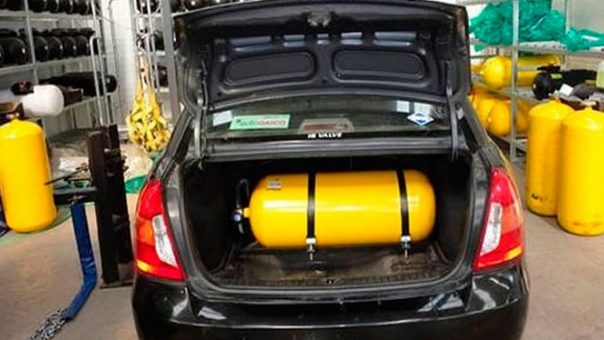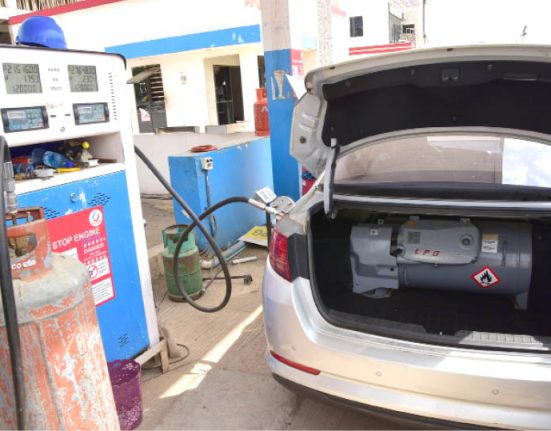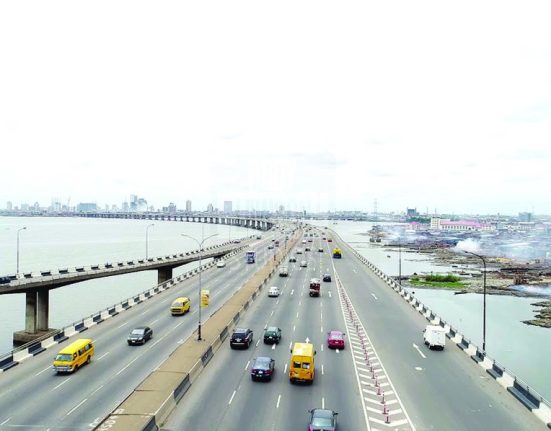With a significant shift in energy policy underway, the cost of Compressed Natural Gas (CNG) has climbed to ₦450 per Standard Cubic Metre (SCM), marking a pronounced increase for both domestic and commercial users. This comes in the wake of the Federal Government’s decision to withdraw longstanding fuel subsidies, an action that has reverberated across Nigeria’s energy landscape.
Until recently, the subsidy regime had cushioned consumers from the full brunt of price inflation, keeping CNG rates relatively stable. However, the removal of these subsidies has exposed the true cost dynamics of the fuel supply chain. As a result, operators and end-users are now confronted with a stark uptick in monthly energy expenses.
Stakeholders in the transport and logistics industries, where CNG is a crucial fuel for buses, tricycles, and gas-powered commercial vehicles, are especially feeling the pressure. There are growing concerns that these cost increases may eventually be passed on to commuters and businesses through higher fare prices and service charges.
Industry experts note that the ₦450 per SCM rate reflects not just the removal of federal support but also rising global energy prices and the cumulative effect of supply chain disruptions. The surge underscores the broader economic trade-offs currently being faced by the nation: while subsidy withdrawal may help reduce fiscal burdens on government, it also shifts the cost burden squarely onto citizens already grappling with inflation and rising cost of living.
As the nation adjusts to these policy realignments, households and businesses alike are bracing for the financial ripple effects that could reshape daily operations and budgets.







